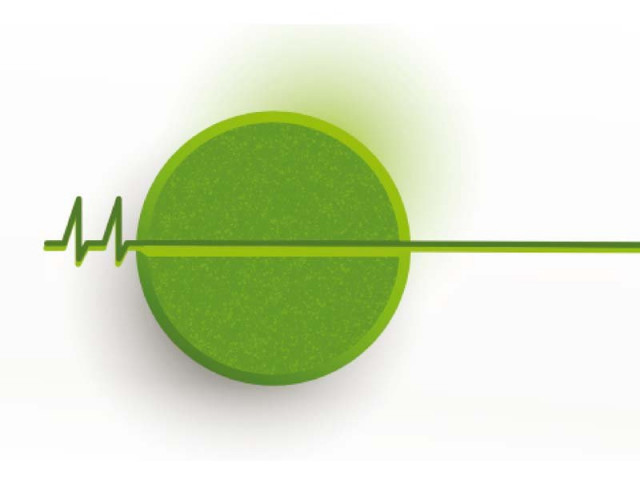The wheat [p]ill
Available easily and cheaply, toxic fumigant responsible for alarming number of suicides

Available easily and cheaply, toxic fumigant responsible for alarming number of suicides
Standing next to the lifeless body of his nephew at Mayo Hospital in Lahore, Mudassir Jamil has only one thought on his mind: a ban on wheat pills could have saved 18-year-old Khalid’s* life.
The wheat pill is an outdoor and indoor fumigant easily available at departmental stores. Unfortunately, it is also one of the most common ways of committing suicide in Pakistan, where the tablet can be purchased for just Rs15-20 – the price of death for those like Khalid.
Khalid committed suicide over a domestic dispute, but Jamil blames widespread availability of the fumigant. “Wheat pills are an easy way to commit suicide. The government must ensure restricted availability at selected outlets only,” he tells The Express Tribune.
According to the records of medico-legal units of different hospitals in Lahore, including Mayo, Jinnah and Services hospitals, at least 400 people committed suicide by consuming the wheat pill in 2015. The number, however, could be considerably higher if unrecorded cases are accounted for. The records also reveal that most of the suicide victims were between the ages of 15 to 25, while the male to female ratio stood at 60:40.
“Wheat pills are typically used in agricultural areas,” says Tauseef Sabih Gondal, spokesperson for the Agriculture Department in Punjab. “Apart from being used as a fumigant in agriculture, they are also used in houses for pest control.”
The staggering number of suicide cases linked to wheat pills has, however, prompted the department to recommend regulating the accessibility of these tablets. “We have suggested it should be made available at only the outlets of the agriculture department,” adds Tauseef.
Once the pill is consumed, chances of survival are close to nil. “The mortality ratio of these pills is 99% and one can easily find it at any tuck shop or departmental store,” says Dr Salman Kazmi, an office bearer of the Young Doctors Association at Mayo Hospital. “The reason it is commonly used is that these tablets contain phosgene gas, which has a quick reaction on the human digestive system. Most patients die before they reach the hospital,” he adds.
The pill is dangerous even if it makes contact with the skin or body, explains Dr Kazmi.
When ingested, the highly poisonous gas it releases interferes with the production of amino acids and affects the outer membrane of the heart and lungs. “This results in cardiac arrest and, in critical cases, can also cause liver failure,” he says, adding complications are worse when the tablets consumed are fresh.
“We have written to the district coordination officer (DCO) of Lahore and the health secretary in this regard so that they take it seriously.”
Without accurate official records, however, there is little the government can do. When the DCO, Captain (retd) Usman Younis, was contacted over the phone, he disconnected the call as soon as he heard the question. Repeated attempts to contact him later were futile.
Even with its extremely deadly reaction, some victims manage to escape with their lives. A nurse at Mayo Hospital, Saima recalls the time a 16-year-old boy who had consumed the pill was rushed to the emergency ward.
Saima says the boy was almost dead by the time he reached the hospital, but the staff managed to revive him. “Treatment of these youngsters is very painful. Once they are brought to the hospital they beg us to save their lives. Unfortunately, we are able to save only 1% as the pills are highly toxic.”
Dr Ayaz Bhatti, who chairs the psychology department at King Edward Medical University, offers a different perspective. He suggests addressing the issues that lead to young people committing suicide. He claims most people take their own life over domestic disputes, matrimonial issues, unrequited love and unemployment. “These reasons force them to end their life and release them from the pain they are suffering from,” adds Dr Bhatti. “The situation is alarming. If not taken seriously, more young people will die.”
*Name has been changed to protect identity
Published in The Express Tribune, February 10th, 2016.



















COMMENTS
Comments are moderated and generally will be posted if they are on-topic and not abusive.
For more information, please see our Comments FAQ